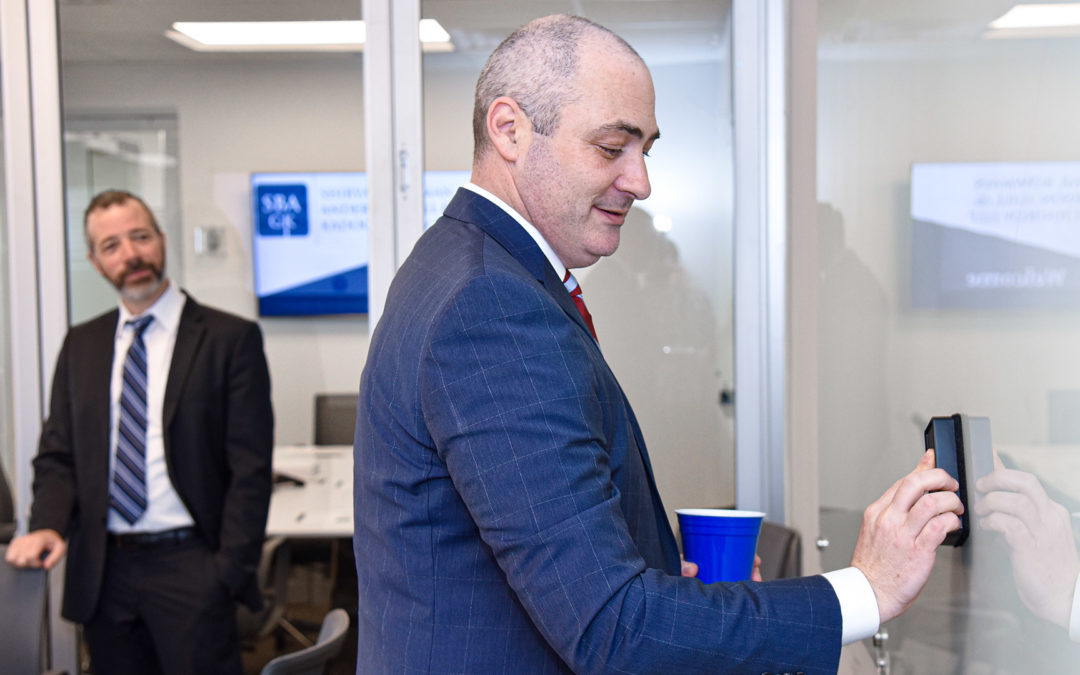The naturalization test is a required part of becoming a naturalized U.S. citizen, but many misconceptions exist as to what it involves. Let us try to clear up a few of these misconceptions on your way to naturalization.
Steps to Naturalization
One of the first steps for naturalization is to prepare your Form N-400 Application for Naturalization. Once your application has been received, United States Citizenship and Immigration Services (USCIS) will send you notice of receipt of your N-400.
They will notify you if you need to proceed to a finger-printing biometrics appointment. If so, you will need to do this prior to your interview.
If you pass this step of the process, you will be contacted to schedule your interview. It is during this time you will take your naturalization test.
The Naturalization Test
During your naturalization interview, you will be required to pass the naturalization test. The first part of this test will require you to respond to questions about your application and your personal history and background.
Further, you will be asked to complete the naturalization test. You will then be required to take an English and Civics test, unless you qualify for an exception or waiver.
The USCIS offers study materials for both the Civics and the English test, as well as a list of reputable organizations that can help you prepare.
The English Test
The English test includes three components, including reading, writing and speaking. The speaking test will require you to speak English with the USCIS Officer.
The reading test requires you to read one of three sentences out loud correctly to show your ability to read in English. Lastly, with the writing test, you must write one out of three sentences correctly to show your ability to write in English.
The Civics Test
The Civics Test is easily one of the most feared portions of the test. Applicants and test takers are given 100 possible civics questions that could be asked on the naturalization test.
During the exam, you will be asked to verbally respond to up to 10 of these 100 questions. Out of the 10 questions, you must correctly answer a minimum of six (6) questions.
Exceptions from the English and Civics Test
You can receive an exemption from the English language requirement but still be required to take the Civics Test if you are age 50 or older at the time of filing for naturalization and have lived in the U.S. as a green card holder or permanent resident for at least 20 years.
This exception is often referred to as the “50/20” exception. You can also receive an exception if you are age 55 or older at the time of filing and have been a permanent resident for 15 years, also known as the “55/15” exception.
However, even if you qualify for either of these two exceptions you still must take the civics test. You will be allowed to take the Civics Test in your native language so long as you bring an interpreter to the interview.
If you are 65 years old or older and have been a permanent resident for 20 years, you will be given special consideration for the Civics Test.
You can receive a medical disability exception to both the English and Civics Tests if you are unable to comply with any of the test requirements due to a physical or developmental disability or mental impairment.
A continuous residence exception exists if you are engaged in an overseas employment situation. You can also receive disability accommodations due to Section 504 of the Rehabilitation Act of 1973 for physical or mental impairments that will make it difficult for you to complete the naturalization process.
What If I Need to Retake?
You are given two opportunities to take the English and civics tests per application. If you happen to fail part of the test during your first interview, you will then be retested on the failed portion between 60 to 90 days from the date of your first interview.
Oath of Allegiance
Once you pass all of the above requirements, you will be asked to take an oath of allegiance in a public ceremony per the Immigration Nationality Act and will be a naturalized citizen of the U.S.

